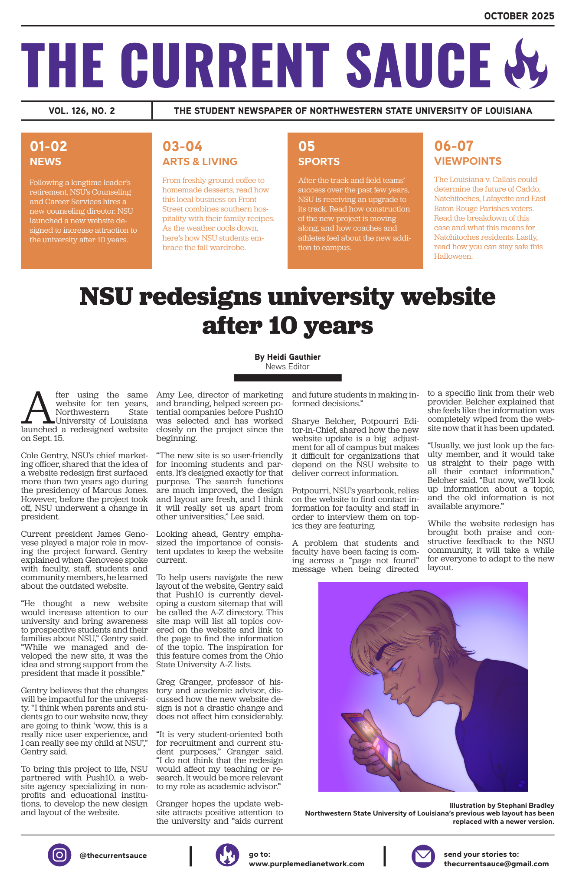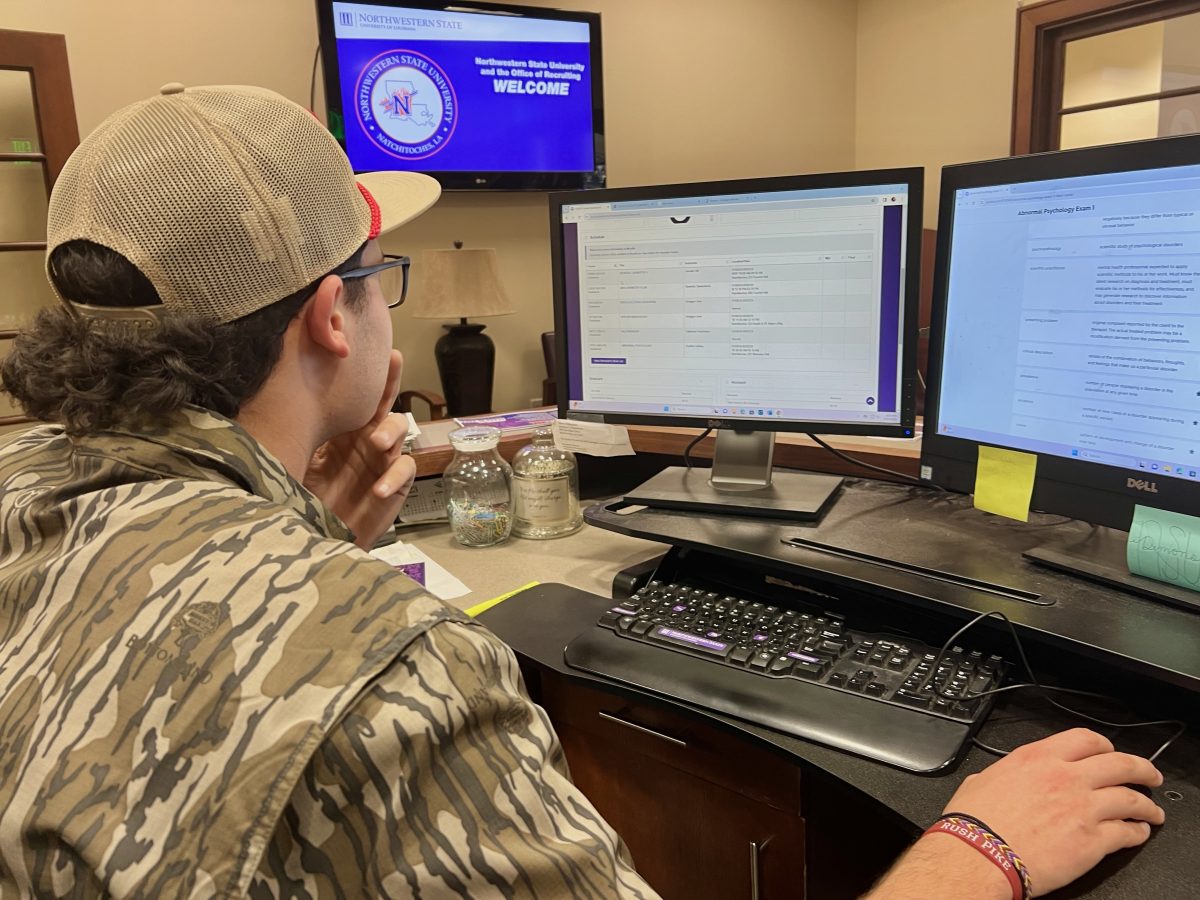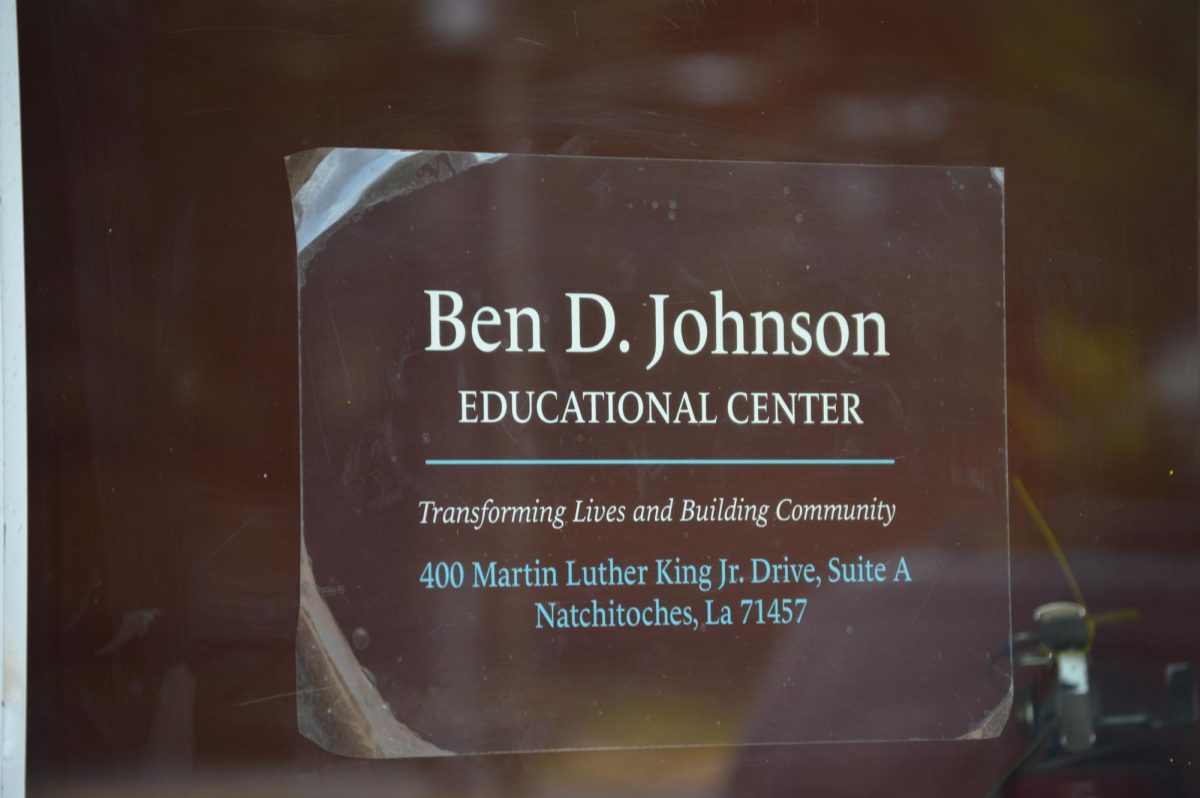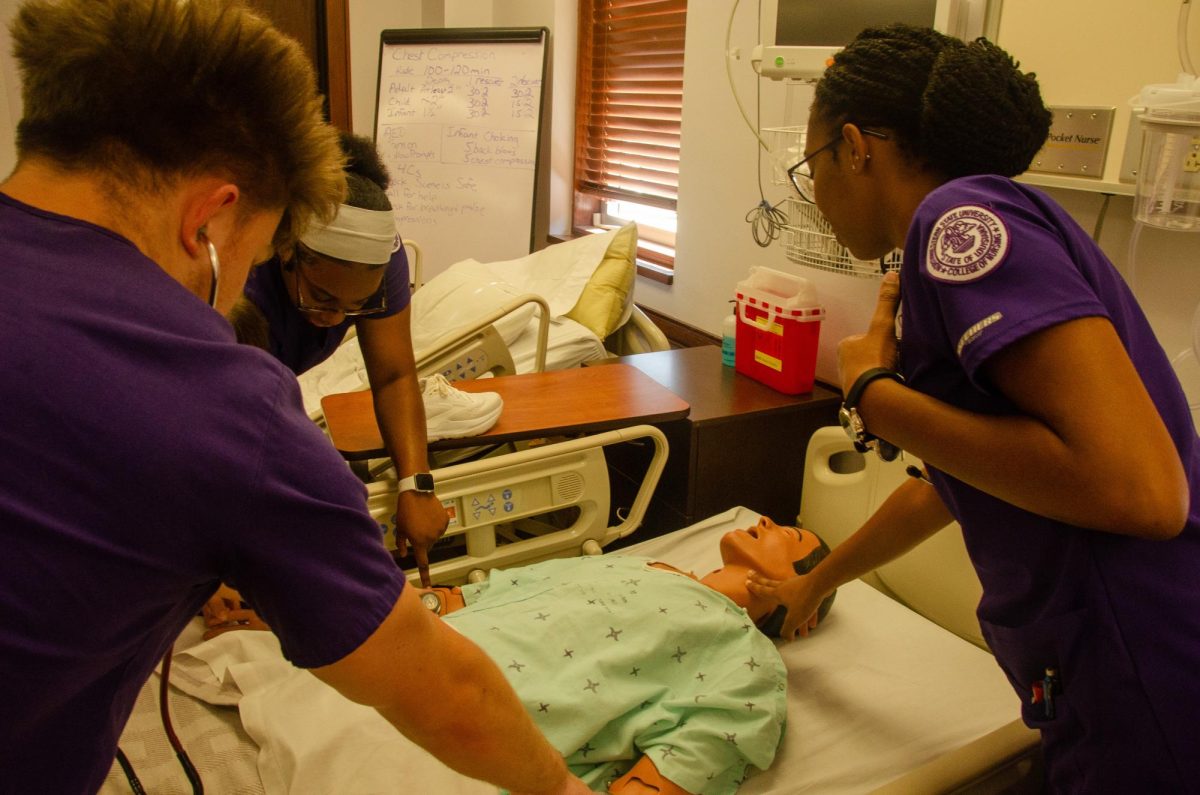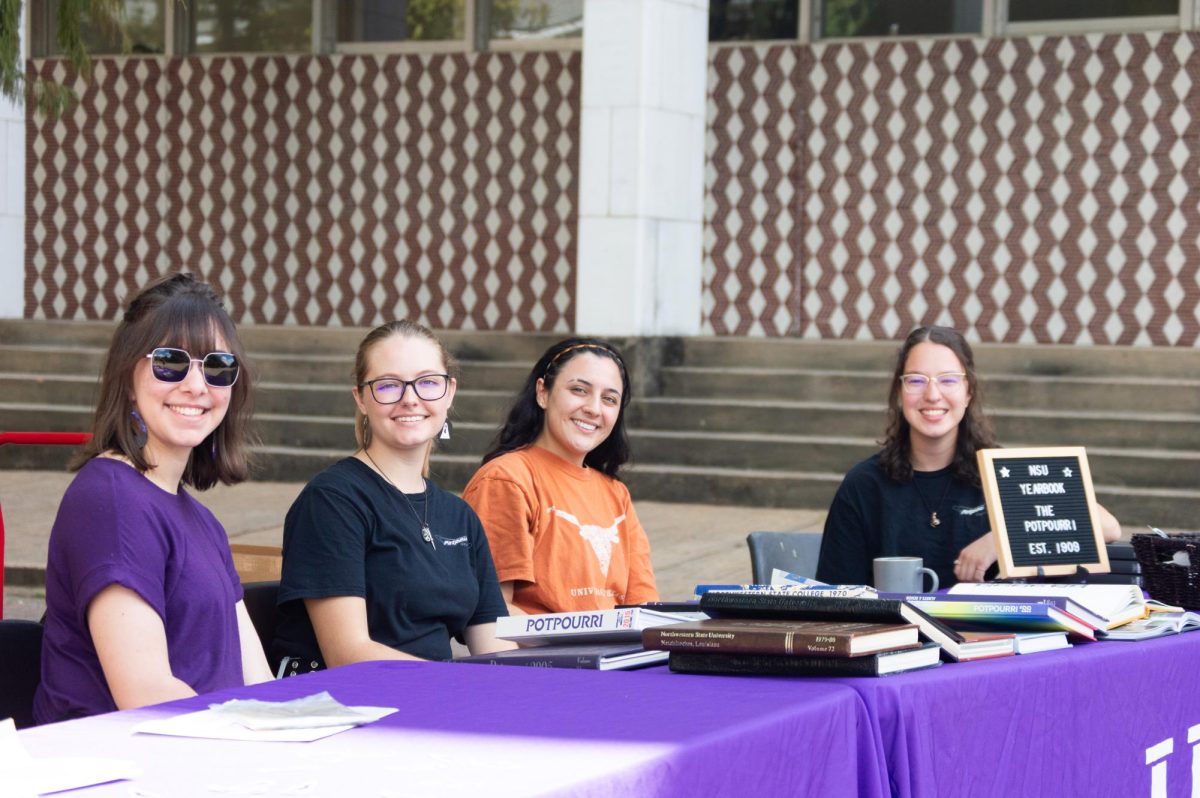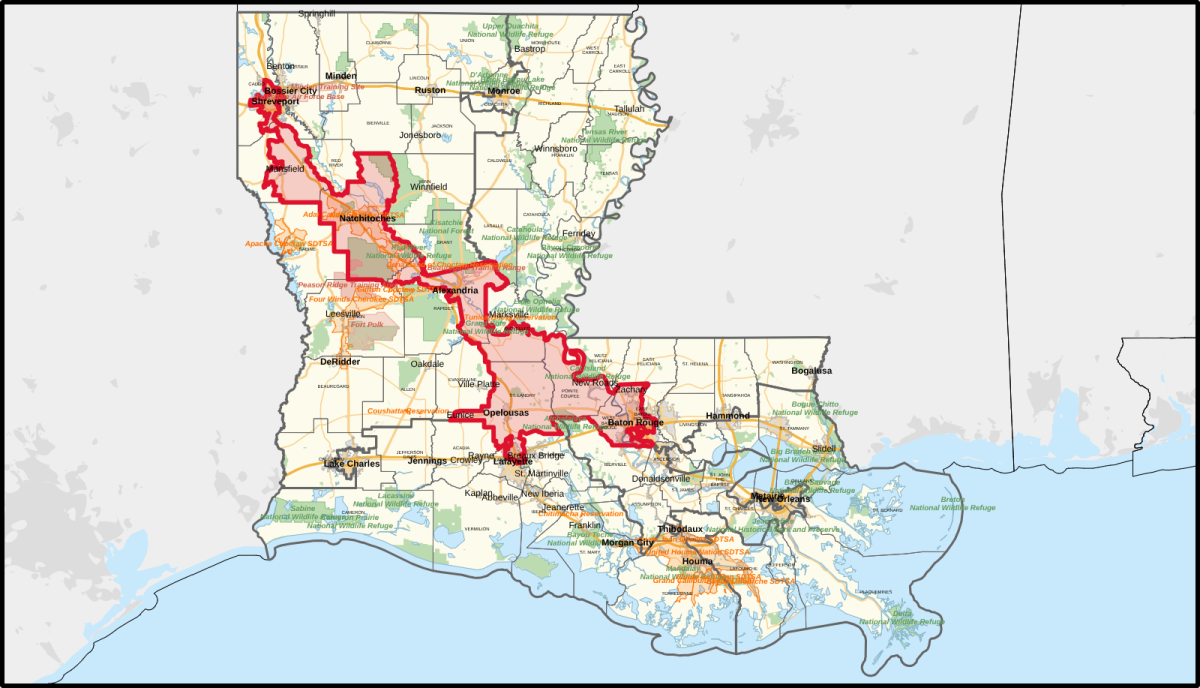From the Fall 2023 semester into the Spring 2024 semester, Northwestern State University of Louisiana continues to increase the registration balance limit of $1,000 from the fall to spring semesters.
Bethany Edwards, assistant controller and bursar for the NSU Student Accounting and Cashiering, explained that a registration limit serves as the highest dollar amount in which a student can owe from the previous semester.
“Registration balance limits prevent registration for a future semester,” Edwards said. “Our goal is to provide students the opportunity to reduce or resolve their past due balances before incurring new debt.”
Students have the option to opt into a payment plan consisting of three payments over the course of three months, for an installment fee of $85, to avoid carrying debt over semesters.
“The previous balance limit was $200,” Edwards said. “For the past two semesters students have been able to register with a previous balance not exceeding $1,000.”
Marcus Jones, president of NSU, explained that in the 2015 and 2016 academic years the registration balance limit was increased as well. At this point in time, students with a balance up to $2,000 were able to remain enrolled.
Though an increased registration limit allows more leeway to struggling students, a physical toll was taken on the university.
“The problem that ended up happening is that there was a tremendous amount of bad debt that had to be written off because students who really could not afford to pay for school were allowed to remain in school,” Jones said.
The damage to students was only compounded as this policy allowed for student debt to grow as it pushed further into their future.
It was not until 2021 that the registration limit was brought down to $200 following the COVID-19 pandemic in which all student accounts were cleared of debt using a federal grant.
“We cleared the balances of all of our students that owed debt, but we also realized that we still had a policy in place which put our students at disadvantage,” Jones said.
Jones worked to find a point of understanding that students would need time to become accustomed to a $1,800 difference.
“To stop cold turkey and say, ‘last semester you could do $2,000 but this semester it’s $200’ that’s not fair to students, so it’s been a slow weaning off of that,” Jones said. “The $1,000 change is still kind of a part of that soft landing for our students, in that the official number is $200 but we tend to work with students.”
The decision was discussed among the president’s cabinet to decide what NSU could sustain and what students needed. Jones found it most relevant to consider the financial impact to the university and to students.
“The reason we sort of landed on the $1,000 is that when you do a payment plan throughout the semester, it’s easier to pay down a $1,000 dollar balance than anything above that,” Jones said.
When making the decision to create a registration balance range up to $1,000, the presidential cabinet also considered the limit of other schools within the University of Louisiana System.
Jones found that the majority of ULS institutions practice lower balance limits ranging from $200 to $300. Only one school within ULS held a balance limit close to the previous $2,000 of NSU which was the University of New Orleans at $1,000.
To stay within ULS range as well as consider student feasibility, the decision to implement a range up to $1,000 was decided.
“The official amount that you can carry as a debt is $200, but we tend to try to help students to get below a threshold where we feel may be a little more manageable,” Jones said. “Most of the time $2,000 is just not manageable for our average student, but sometimes $1,000 is.”
Vanner Erikson, director of enrollment management, described the registration limit increase as a way in which NSU goes out of the box to help students.
“It’s crazy around here most days but I know that we’re doing all we can from an enrollment standpoint to keep students and attract new ones, but it’s going to take removing barriers, it’s going to take innovative thinking, it’s going to take doing things differently,” Erikson said.
Especially when considering the retention of current students of NSU, Erikson feels no barrier should withhold a student from attaining their degree.
“In my role, we’re always looking at ways to remove more barriers and one of those is costs so we’re looking at ways we can drive down our costs for students,” Erikson said. “We went to the threshold of $1,000 last fall, as well as this spring, in essence to try and help students out.”
Aside from the change to the registration balance limit, Jones and Erikson utilize scholarships to help students manage their accounts.
Regarding retention, the Gallaspy Retention Award scholarship and the John Henry Crow/Art Allen Scholarship are most used by Jones to get students closer to the $200 threshold.
“Those are the go-to for retention purposes,” Jones said. “I always ask Van to look at the list of students with a balance that’s above $200 and divide it by Gallaspy eligible and not so a lot of students don’t need to apply.”
Though Jones and Erikson work to help students, they both expressed that students may fall through the cracks. The two encourage students who are financially struggling to reach out.
“Understand that we are here to help, and we are going to try to help as many students as possible so the best thing to do if you’re struggling is to reach out,” Jones said. “If we can help, we’ll try to figure out a way to help but we don’t know if students don’t reach out.”
Jones advised students to apply to other Alumni Foundation scholarships as well to have the best chance to avoid carrying debt.
“We understood there would be students which we just could not help even with Gallaspy and Crow/Allen to allow them to get below the threshold that as an institution we’re comfortable with,” Jones said.
Though the focus remains on helping students financially, Erikson stresses the importance of remaining financially responsible.
“At the end of the day I think it’s a mixed bag because there’s a piece of us helping, but there’s also a piece of ‘let’s make sure we’re being responsible here’ because students are here to get an education and that does cost,” Erikson said.
The new registration balance limit will continue to be assessed for the benefit of students and of NSU.

